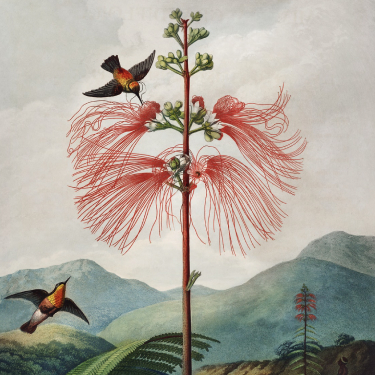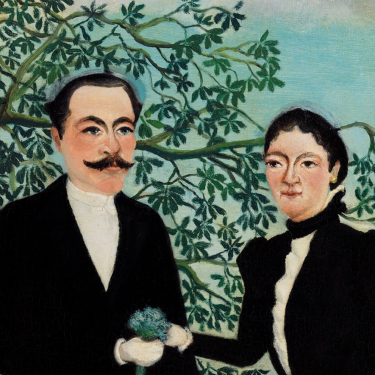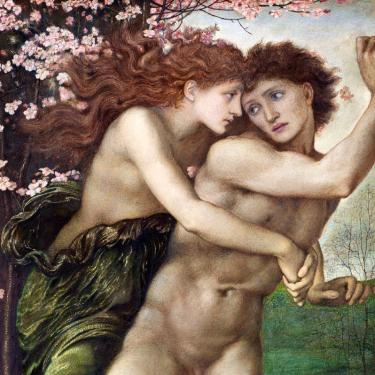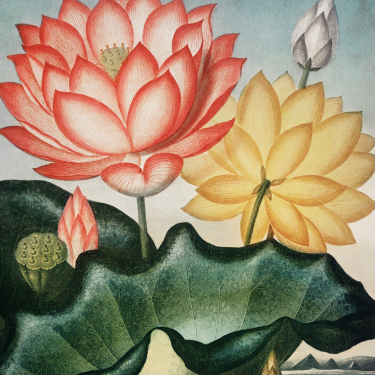The Voyager
LOVE

IDCE
Quick definition
Independent and self-assured romantics. Crush easily but ultimately desire stability, emotional depth, and reliability in love.
Find your score on over 100 traits on Dimensional.
Download
Description
IDCEs are characterized by their blend of independence, dreamy idealism, and emotional depth, yet grounded in self-assurance. These individuals approach love with a unique perspective—valuing their autonomy and space while also harboring deep-seated dreams of romantic connection. They seek partners who respect their need for independence but are also willing to dive deep into emotional intimacy and shared dreams.
While they are a (D)reamer type, IDCE’s approach to love is influenced by their independence and emotional resilience, which allows them to pursue romantic ideals in a grounded and realistic manner more similar to (P)ragmatic types.
In the early stages of dating, IDCEs may be swept away by their imaginations, envisioning potential futures with their partners. However, their practicality and desire for personal growth ensure that they remain grounded, preventing them from losing themselves entirely to their romantic fantasies. As relationships progress, IDCEs look for depth and genuine connection, favoring emotional stability over fleeting excitement. Their challenge lies in balancing their independent streak with their desire for a close, emotionally fulfilling partnership.
Opposite type
IDCEs are the opposites of TPAFs.
Desires
- To maintain their independence while in a committed relationship.
- Emotional depth and meaningful connections with their partner.
- A partner who supports their personal growth and self-development.
- Relationships that evolve and deepen over time.
Fears
- Losing their sense of self or independence in a relationship.
- Settling for a relationship that lacks emotional depth or growth.
- Being misunderstood or not fully accepted by their partner.
Inner psychology
IDCEs likely grew up in environments that valued both individuality and emotional connection, teaching them to appreciate autonomy alongside the importance of deep relationships. They may have witnessed or experienced relationships where independence and emotional intimacy were successfully balanced, shaping their desire for a similar dynamic. Alternatively, if they observed relationships where autonomy was suppressed, they might have developed a strong internal drive to maintain their independence while still craving emotional closeness. Their centered nature suggests a stable upbringing where emotional regulation and resilience were modeled and encouraged, allowing them to approach relationships with confidence and clarity.
Distribution of user scores
0
25
50
75
100
Other Archetypes in Love
Opposite
In(T)erdependent
(I)ndependent
(D)reamer
(P)ragmatic
(C)entered
(A)nxious
(E)motion & stability
(F)un & stimulation
Strengths
- Self-Sufficiency: Their independence makes them resilient and less likely to rely on their partner for personal fulfillment.
- Emotional Depth: Capable of forming deep, meaningful connections that enrich their relationships.
- Adaptability: Their balanced nature allows them to navigate the complexities of love and life with grace.
Challenges
- Communication of Needs: They might struggle to articulate their need for independence without alienating their partner.
- Patience for Development: Their idealism about romantic connections can make them impatient for emotional depth to develop organically.
- Balancing Independence with Intimacy: Finding the sweet spot between autonomy and emotional connection can be an ongoing challenge.
Traits in an ideal partner
- Understanding of Independence: Respects IDCE's need for space and personal growth.
- Emotional Intelligence: Shares a desire for emotional depth and is capable of deep empathy and connection.
- Stability and Reliability: Offers the consistency and security that IDCEs value in a long-term partner.
Advice for healthy relationships
IDCEs should strive to communicate openly about their needs and expectations, especially regarding their independence and how it fits into the relationship. They should seek partners who are not only understanding but also share their values of personal growth and emotional depth. It's crucial for IDCEs to remember that true intimacy requires vulnerability; thus, allowing themselves to depend on their partner at times can strengthen the bond. Encouraging mutual interests and goals can also help in fostering a sense of teamwork and shared purpose in the relationship.
At their worst
When fears and challenges overshadow their strengths, IDCEs may pull away from their partners, prioritizing independence to the point of isolating themselves. They might also become overly critical of relationships that don't immediately meet their standards for emotional depth, leading to dissatisfaction and a pattern of short-lived relationships.
At their best
At their best, IDCEs embody the perfect balance between independence and emotional connection, creating relationships that are both liberating and deeply fulfilling. Their ability to maintain personal autonomy while engaging in meaningful emotional exchanges makes their relationships resilient and dynamic. By embracing both their need for self-development and their desire for intimacy, IDCEs can build lasting, supportive partnerships that thrive on mutual respect, understanding, and shared growth.














